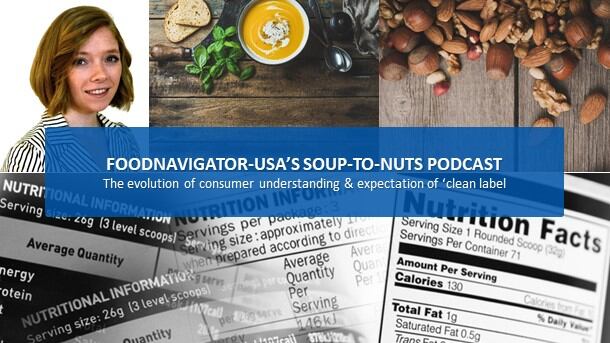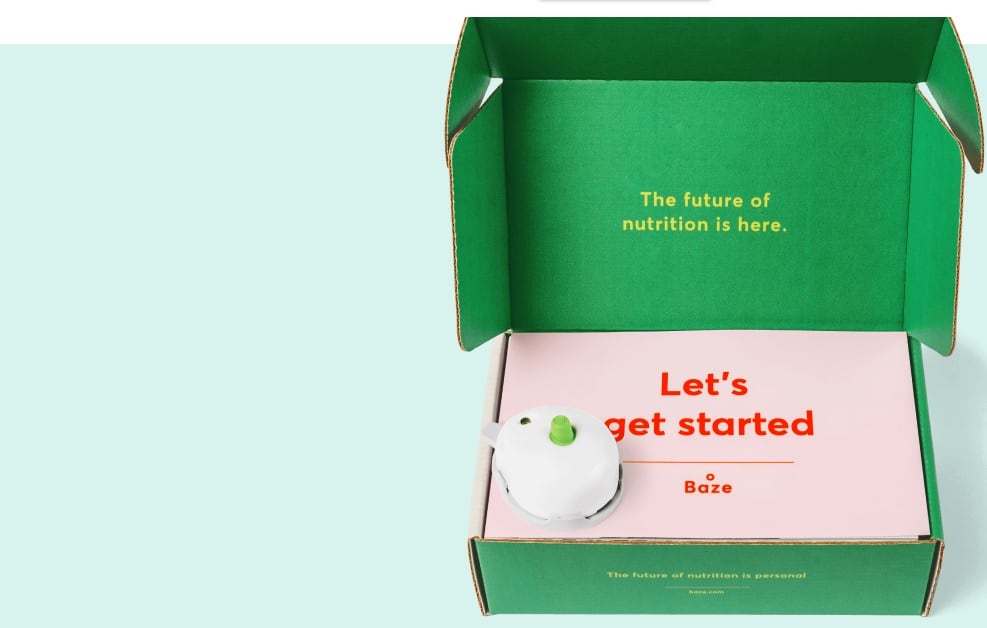“The real crux of what is going to make [personalized nutrition] resonate with consumers is guidance, because consumers are confused,” and overwhelmed by claims of what a healthy diet should be, said Melanie Zanoza Bartelme, a global food analyst with Mintel.
She explained to attendees at The Spoon’s Customize conference in New York City Feb. 27 that 83% of US consumers understand that healthy diet means different things to different people and 66% say there is too much conflicting information about what a healthy diet is. Given this confusion, she added, 43% of US consumers who use or would be interested in health tech and who want to share health data would do so because they want guidance.
“You hear about all these things – like keto, Whole30, the Mediterranean diet or even some of these emerging new things like low-FODMAP – and a lot of consumers feel like they are just taking their best guess when it comes to eating and living in a way that will really suit them in the long term,” she said.
She added, “they want to have someone help them connect all the different dots about what they know about themselves,” including their family history, their health and their goals, and “create a road map” that both shows how using products will benefit them and motivate them to actually use those products.
Growing interest in personalized nutrition
The percentage of consumers interested in personalized nutrition may be relatively small still, but it has grown exponentially in recent years as they have become more familiar with the concept of personalization in other aspects of their lives, Bartelme said.
She pointed to consumer adoption of fitness trackers as an example of how interest in personalized nutrition likely will evolve. In 2015, she said, only 12% of US consumers used fitness trackers and only 12% said they used an app on their phone to track their physical activity. By 2019, those numbers rose to 19% and 25% respectively.
She also pointed to consumer interest in personalization in other categories as support for the concept in food and diet. For example, she said, 5% of US consumers currently own or use a smart mattress and 70% us it manage their health. In addition, 28% of US consumers would be interested in small kitchen appliances with connected smart technology and 32% of US women would be interested in a smart hairbrush.
On the nutrition side, she noted that 34% of US diners would like to see more personalization options in 2020, 71% of Mexican consumers would be interested in personalized diet based on their family history and 55% of Canadian adult sports, nutrition or performance food and drink users would be interested in a nutritional plan based on their DNA.
The future of personalized nutrition
While personalized nutrition is still coming into its own, Bartelme predicts that functional ingredients are ahead of the curve and as consumers become more familiar with them they will seek more specificity.
For example, functional ingredients currently are now in products that claim to help with “focus” or “stress relief,” but soon, she says consumers will want specific ingredient recommendations based on their DNA and their goals. Indeed, she notes 67% of US consumers say they are interested in customizing their supplements based on DNA test results.
Overcoming hurdles
Even as consumer interested in personalized products and diets grows, there are several roadblocks that Bartelme said manufacturers must overcome before these trends can realize their full potential.
The first are privacy concerns and consumer fears that their health information will be used against them in some way. However, Bartelme said, many consumers are willing to share their data if they believe what they get in return offers a high enough value.
The second significant barrier is price. Bartelme noted that while DNA tests are coming down in price as the field becomes more competitive and the technology more accessible, she notes that it is still out of reach for many Americans.
Again, she notes, one way to overcome this is to offer more value. And one aspect that consumers across the board say they are interested in are tools and personalized programs that also are fun to follow can be used to help motivate not just themselves but their loved ones.




